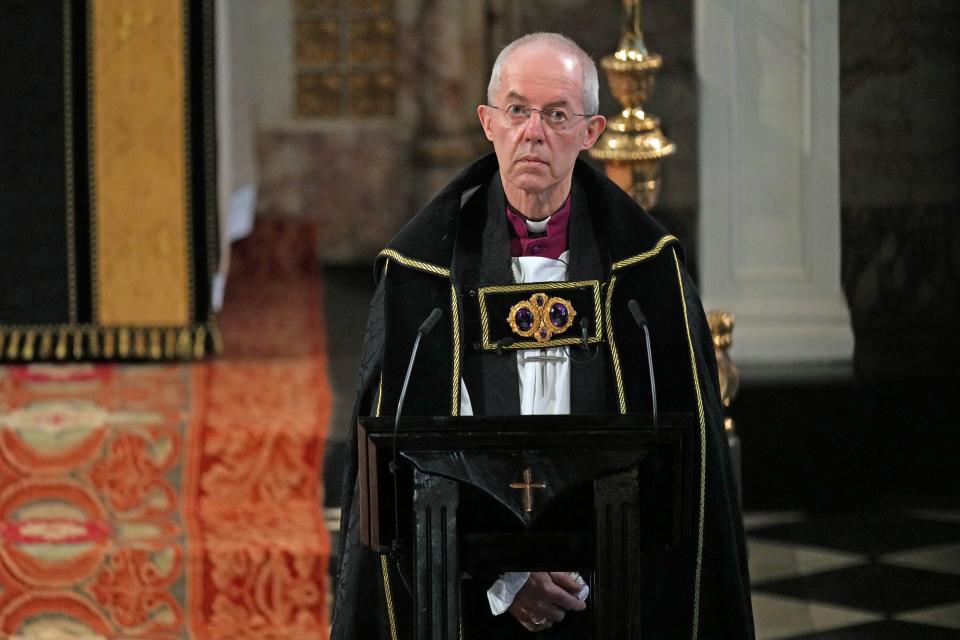Anglicans played key role in delivering Brexit says new study into ‘religious vote’

Anglicans have ‘an attachment to the English heritage and national identity’, academics say
(REUTERS)Anglicans played a key role in delivering Brexit, says a new study which finds the “religious vote” is still important in British politics.
Fifty-five per cent of Church of England followers voted Leave in the 2016 referendum, it says – while 61 per cent of Catholics backed Remain.
The huge disparity is explained by Anglicans having “an attachment to the English heritage and national identity”, according to academics at Brunel and Exeter universities.
They are “more likely to have conservative views about social, economic and political change and the power of the British state”, their book states.
In contrast, the religious beliefs of Catholics “means they are less attached to the English national identity or institutions”.
People who “practically never” attended religious services were also more likely to support Brexit, according to the book ‘Religion and Euroscepticism in Brexit’.
“Anglicans were very likely to vote leave,” said Dr Stuart Fox, a voter behaviour expert at Brunel University, adding “a typical Catholic would vote to remain in the European Union”.
“Catholics are used to the idea of a cross-national authority, as in the Pope and the Vatican, so, for them, the idea of being governed by an international body like the EU is quite normal,” he said.
“Anglican history, meanwhile, is defined by trying to remain separate from the European superblock, and to do that you need a strong independent nation state.
“For them, anything that challenges it isn’t going to be something they’re a fan of.”
Dr Ekaterina Kolpinskaya added: “There is still a substantial ‘religious vote’ in British politics.
“Faith also contributed to the rising Euroscepticism that pressed David Cameron to hold a referendum in the first place,” she said – and in Boris Johnson’s “stunning” 2019 general election victory.
The authors used data from the British Election Study and the Understanding Society survey for their work.
Religiously-inactive Anglicans were 27 percentage points more likely to support Brexit than devout Catholics – a difference similar to that between university graduates and non-graduates, it says.
The book “traces how religion altered views on EU membership since the UK joined in 1973, through to the referendum itself in 2016 and its aftermath, including the 2019 general election”.
Most studies have identified age and education achievement as the biggest factors in explaining who voted to leave the EU and who voted to stay.
No less than 70 per cent of voters with only GCSEs or lower qualifications voted for Brexit, while 68 per cent with a university degree voted to Remain.
And 71 per cent of under-25s wanted to stay in the EU – while 64 per cent of over-65s voted to Leave, YouGov found in 2016.
Read More
UK Covid-19 vaccinations: Latest figures
PM unable to name current Conservative mayor on visit to southwest

 Yahoo Finance
Yahoo Finance 